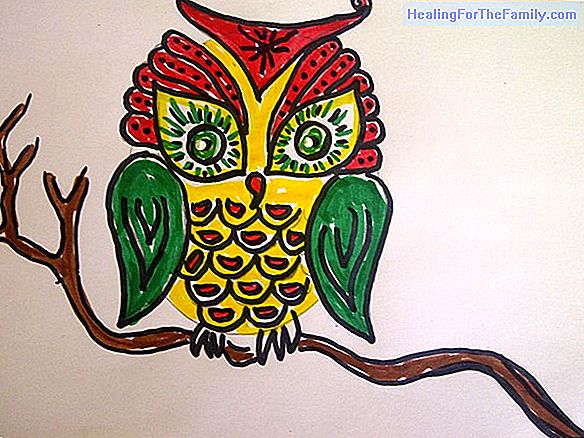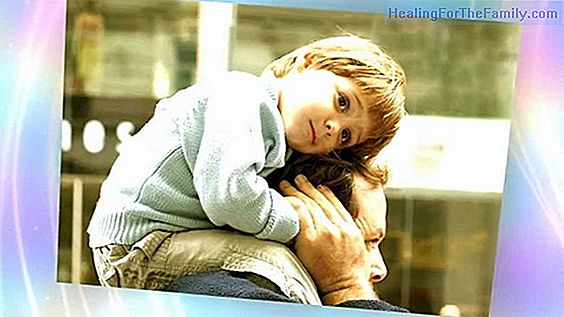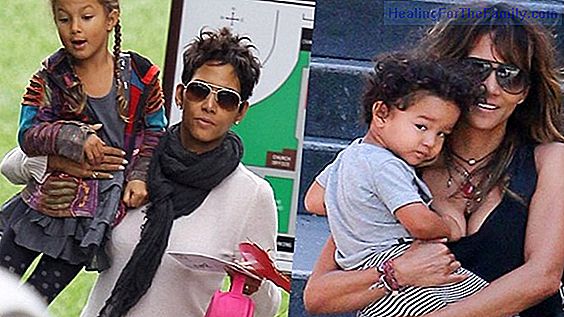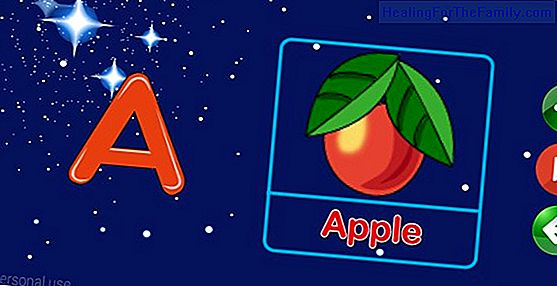How to create habits and routines in children
On many occasions we hear that children should have a series of routines that will help them in the development of day to day life. But what does that statement refer to and why are routines so necessary in children? Let's know what habits are in childhood, what they are for and what is the best way
On many occasions we hear that children should have a series of routines that will help them in the development of day to day life. But what does that statement refer to and why are routines so necessary in children? Let's know what habits are in childhood, what they are for and what is the best way to organize your baby's or your child's day. To be able to get the child to be placed.
Children and time
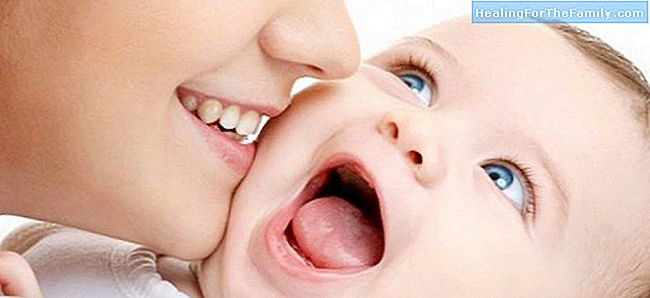
Parents think that babies do not understand the weather, we believe that they do not know what time of day they are living, or what time it is. But, this is far from the reality. Children divide the day into different parts, the only thing they do not know is the exact time.
They are guided by the activities they carry out on a daily basis, as well as the sunlight, as happens to adults. It is the beginning of the routines. If we do not follow an order in the baby's schedule. This will help the child to organize and take habits that will help him for the rest of his life.
When to start setting routines for babies?
From the birth of the baby we can start to mark the times and the basic activities. Although we must be more flexible with them. Routines not only help the baby, they also help us organize ourselves.
After 3 months, the children are more aware of the different activities they do during the day. In fact, if someday they do not do something they are used to doing, they will notice it, even if we do not realize it. The first routine you will learn is to eat. That they themselves, will be marked.
What are the routines that we should work with children?
There are certain daily activities, which will be the basic ones to mark the times and routines that the baby will have:
1. The food. It is one of the primary needs of the baby. And something that he does every day several times. With what is a good activity for the child to take references in time. At first, the baby will eat on demand. And it will seem strange to see that he always does it at about the same time. Although sometimes you will skip the schedules. In this aspect, we must have flexibility. As we grow, we will always try to do it at the same time. When the baby starts with the spoon, the thing will be different and will last longer without eating.
2. The bathroom. Bath time, in general, is a relaxing moment for the child. It is ideal before going to sleep. Since it helps the child to fall asleep. It will also mark time. Knowing that after the bath, they will go to sleep.
3. The nap. Babies and children sleep more than adults. They need more time, to be able to have the brain in conditions for the intense learning that they have throughout the day. But, in addition, it is basic to fix the knowledge learned during the time they have been awake. It is said that children who sleep more afterwards demonstrate superior brain activity than those who sleep less. To mark these hours, there is no general rule, we must look at our baby or child and also adapt to their personality. The normal thing is that after eating, have more sleep. When you are asleep, you should not wake up, even if one day you spend a lot of time. If you do not wake up, it is because you are comfortable and you need it.
4. Hygiene. In childhood, it is the ideal time for children to acquire a series of habits that will be very important for the rest of their lives. As we get older, these habits we learn are harder to change. That's why the importance of starting to work with children as soon as possible. One of the clear cases is hygiene. A simple example is if a child from the time his teeth come out, takes a habit of brushing his teeth every day at the same time, it will be something he will never stop doing. The same thing happens with all aspects.





